
The Amount Of Time You Spend Peeing Could Be A Warning Sign For Bigger Health Issues
Why Timing Your Bathroom Breaks Might Actually Be a Smart Health Move
At first glance, the idea of timing your bathroom trips might sound a little odd—maybe even a bit silly. But surprisingly, it could provide valuable insight into your overall health, especially when it comes to your bladder.
Health experts suggest that paying closer attention to how long it takes you to urinate could help identify early warning signs of bladder or urinary tract issues. It turns out there’s actual science behind this, and it’s more fascinating than you might think.
This is where something called the “Law of Urination” comes into play—a quirky but surprisingly informative concept discovered by a group of scientists from the Georgia Institute of Technology. A few years back, these researchers embarked on a study that involved observing various animals… peeing. Yes, seriously.
They reviewed countless high-speed video recordings of mammals doing their business, from rats and goats to cows and elephants. What they found was something both peculiar and consistent: nearly all mammals weighing more than 3 kilograms take about 21 seconds to fully empty their bladders.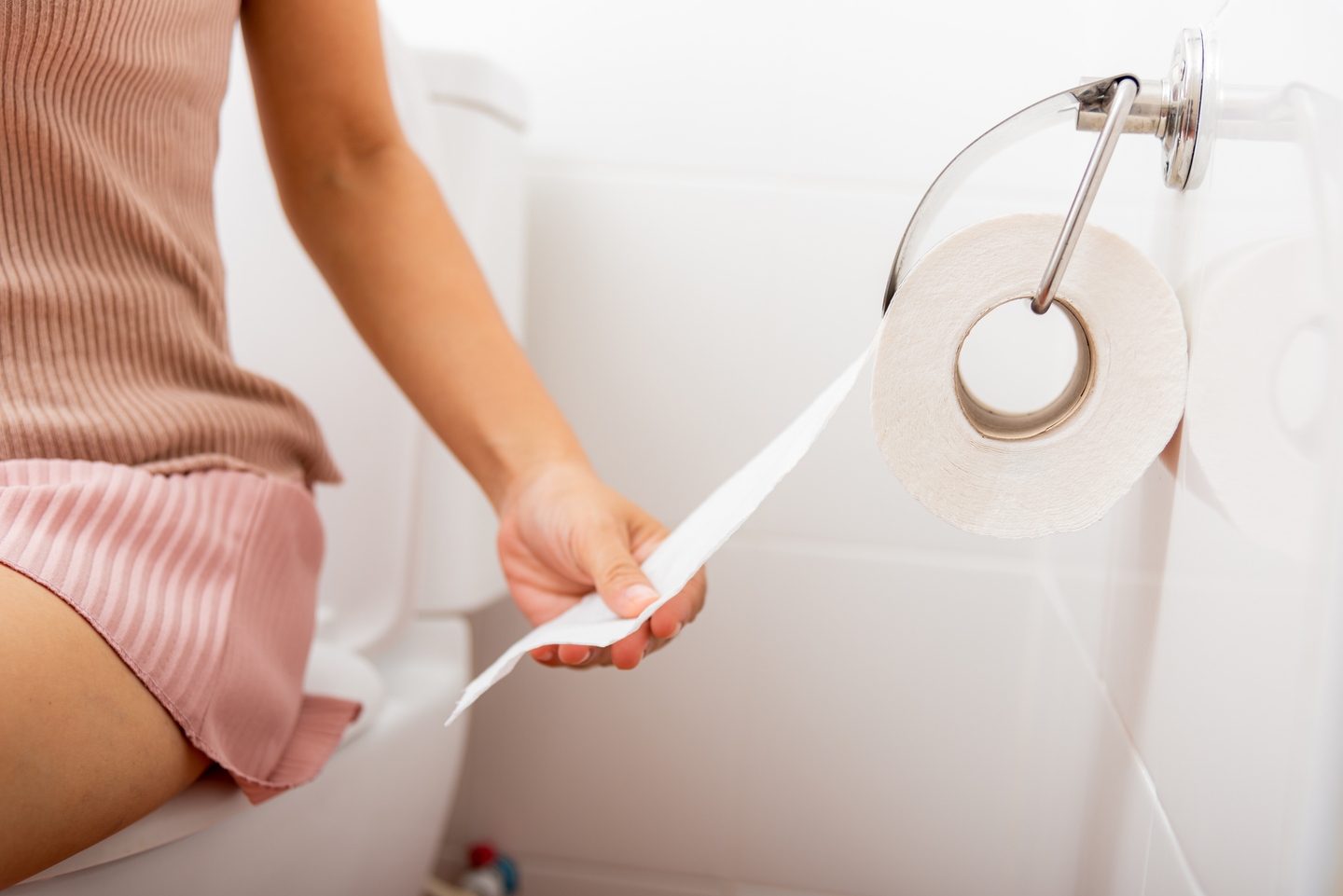
This odd but intriguing discovery earned them a spoof Ig Nobel Prize in 2015, a tongue-in-cheek award that celebrates unusual or humorous scientific achievements. But beneath the humor lies real scientific value.
Published in the journal PNAS in 2014, the study pointed out that gravity plays a big part in this process. As animals get bigger, so do their urethras—the tubes that carry urine from the bladder out of the body. A longer urethra allows for faster flow due to gravity, so even an elephant with an 18-liter bladder empties it in roughly the same time as a dog with a much smaller bladder.
“How can bladders of both 0.5 kg and 100 kg be emptied in nearly the same duration?” the team wrote. “Larger animals have longer urethras, and so greater gravitational force driving flow.”
Despite massive differences in bladder size, the urination time stayed constant across all mammals heavier than 3 kilograms. That’s pretty remarkable—especially when you consider an elephant’s bladder can be 3,600 times the size of a cat’s!
So… what does this mean for humans?
You might be wondering how this fun fact about animals connects to your everyday life. As mammals ourselves, we’re not exempt from this “21-second rule.” In fact, it can act as a helpful benchmark for maintaining bladder health.
According to nurse and researcher Janis Miller, PhD, the 21-second rule can actually help people develop a better awareness of their urinary habits, which in turn can support overall wellness. Of course, not every bathroom visit will clock in at exactly 21 seconds. But consistently taking much more—or much less—time could be worth paying attention to.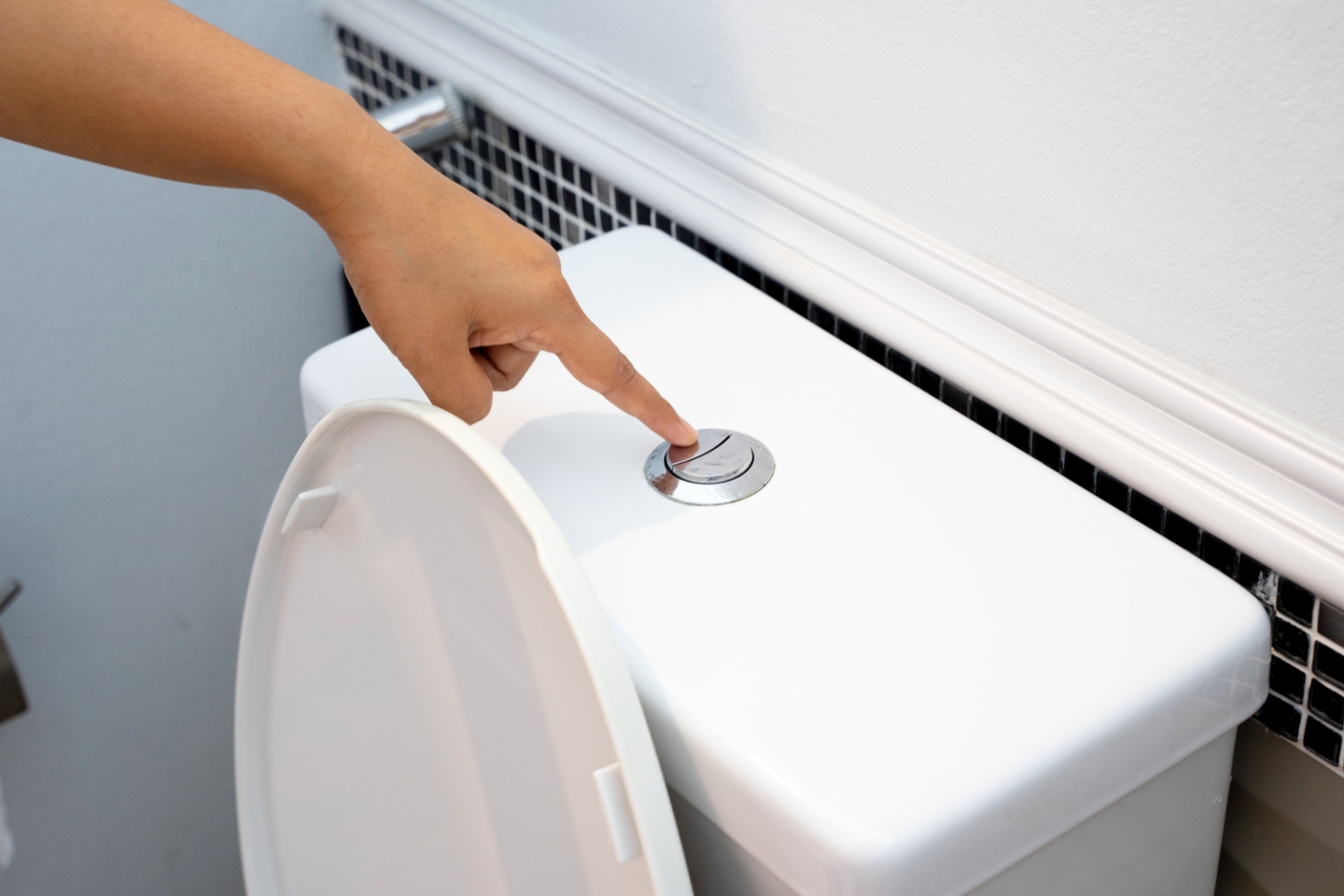
According to sources like IFL Science, significant deviations from that norm could signal potential issues such as bladder inflammation, urinary tract infections (UTIs), prostate problems, or even more chronic urinary conditions.
If you're finding that your bathroom breaks are getting longer and longer, or you're suddenly going way more often than usual, that could be a sign to check in with your doctor. It might be nothing—or it might be something that’s easier to treat early on.
Longer urination times may indicate that your bladder is overstretching, which can lead to it losing its elasticity over time. Once that happens, your bladder may not empty efficiently, leading to more frequent trips and a higher risk of infections or complications.
On the flip side, holding it in too often—or delaying your bathroom visits for long periods—can increase the risk of UTIs or even kidney problems. Going too frequently, even when you don’t actually need to, might be a sign of an overactive bladder, a condition where you feel the urge to urinate constantly despite your bladder not being full.
So, how often should you really be peeing?
According to urologist Nicole Eisenbrown, a good rule of thumb is to aim for around eight bathroom visits per day—assuming you’re properly hydrated. More than that may be normal for some people, but if you notice a sudden change in frequency or duration, it’s worth exploring.
Incorporating simple habits—like staying hydrated, avoiding too much caffeine or alcohol, and listening to your body’s natural signals—can go a long way in supporting a healthy bladder.
So next time you spot someone with a stopwatch near the sink, don’t be so quick to judge. They might just be taking a proactive step in understanding their body better. And honestly, maybe you should consider giving it a try too.
After all, 21 seconds might be more than just a fun fact—it could be a valuable health check hiding in plain sight.
News in the same category


World-first sperm race is happening soon and the creators have revealed how it will work
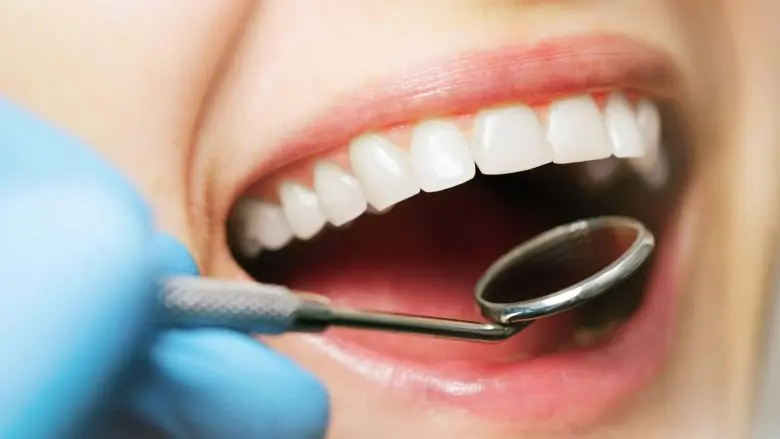
Scientists Grow First Fully Formed Tooth In Lab — A Groundbreaking Breakthrough

New COVID Wave Surges — Health Officials Sound Alarm As Cases Double

10 Things That Men May Find Unattractive About Women Over 50

8 Signs You Might Be Affected by Lactose Intolerance
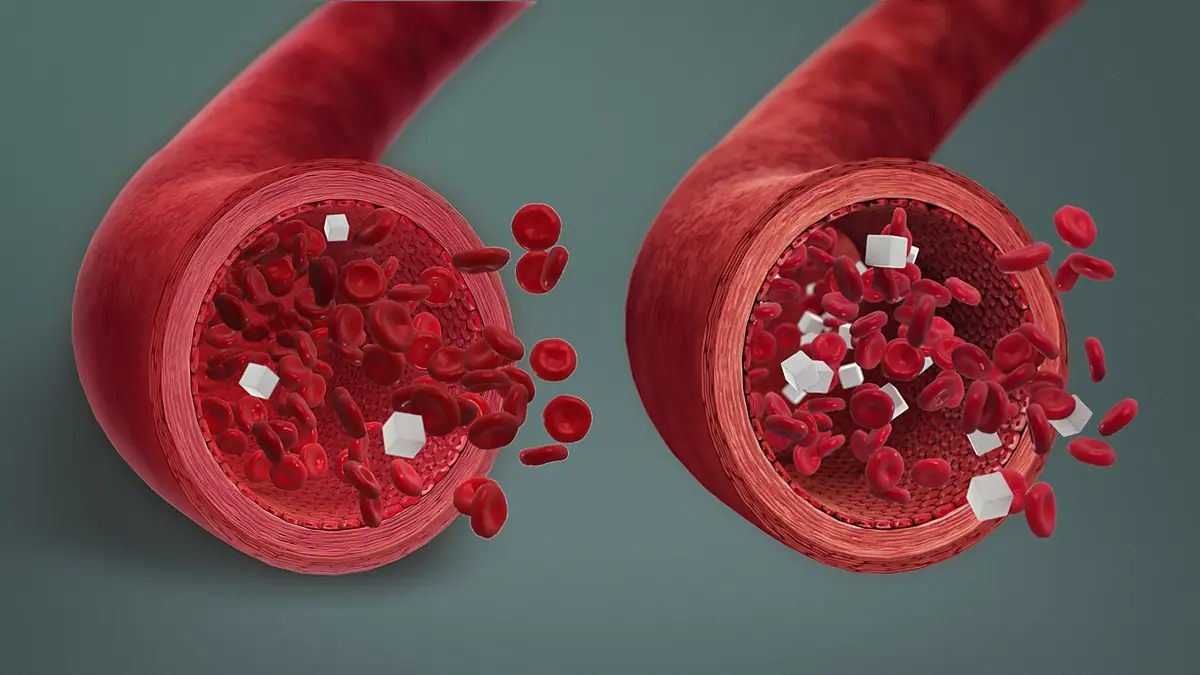
Understanding Diabetes: Types, Symptoms, Risks, and How to Manage It

Doctors Highlight A Rare Cancer Symptom That Can Appear On Your Toenails

Stroke Warning Signs: When Your Body Sends a Silent SOS

Understanding Cholesterol: The Good, the Bad, and How to Keep It in Check

Only 1 Cup a Day: Choose 1 of These 3 Drinks to CLEANSE Your Fatty Liver!

SHOCKING Tips to Lower Cholesterol! Foods You Need to Know!

7 Kinds of Pain That Shouldn't Be Ignored

Natural Nighttime Elixir: Reduce Belly Fat in Four Days Safely
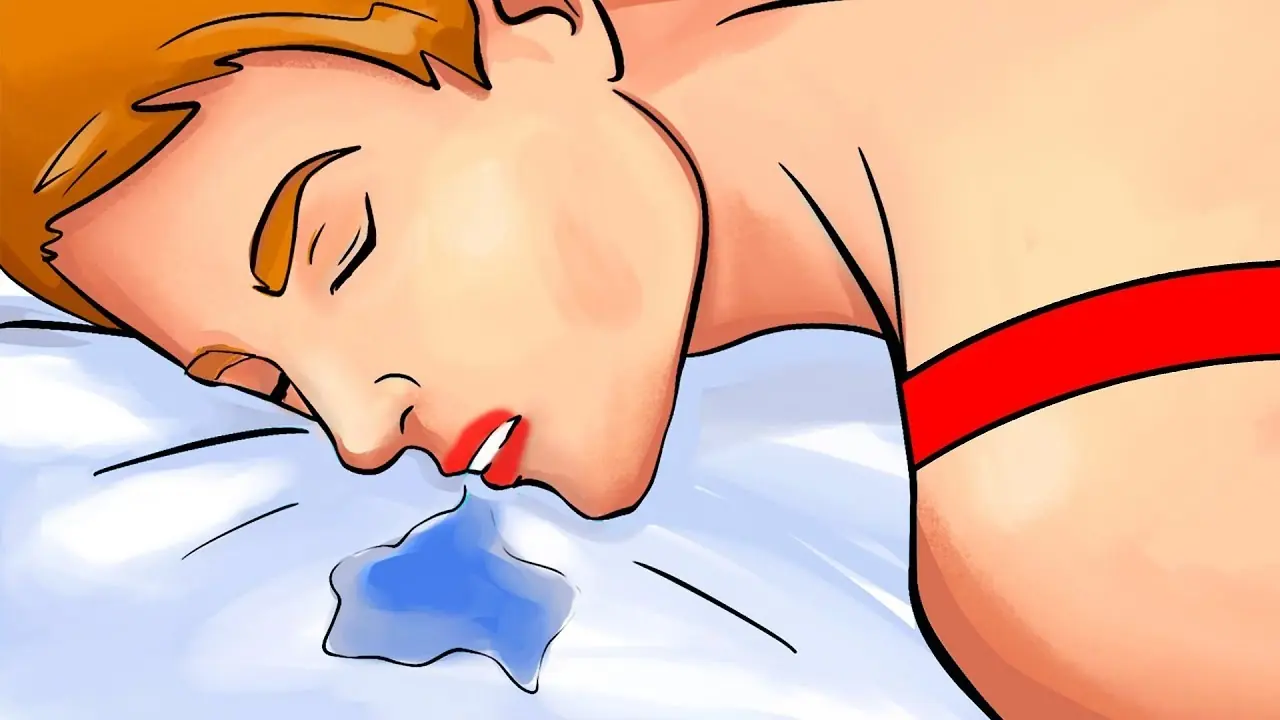
10 Reasons You’re Drooling While You Sleep and What It Could Mean
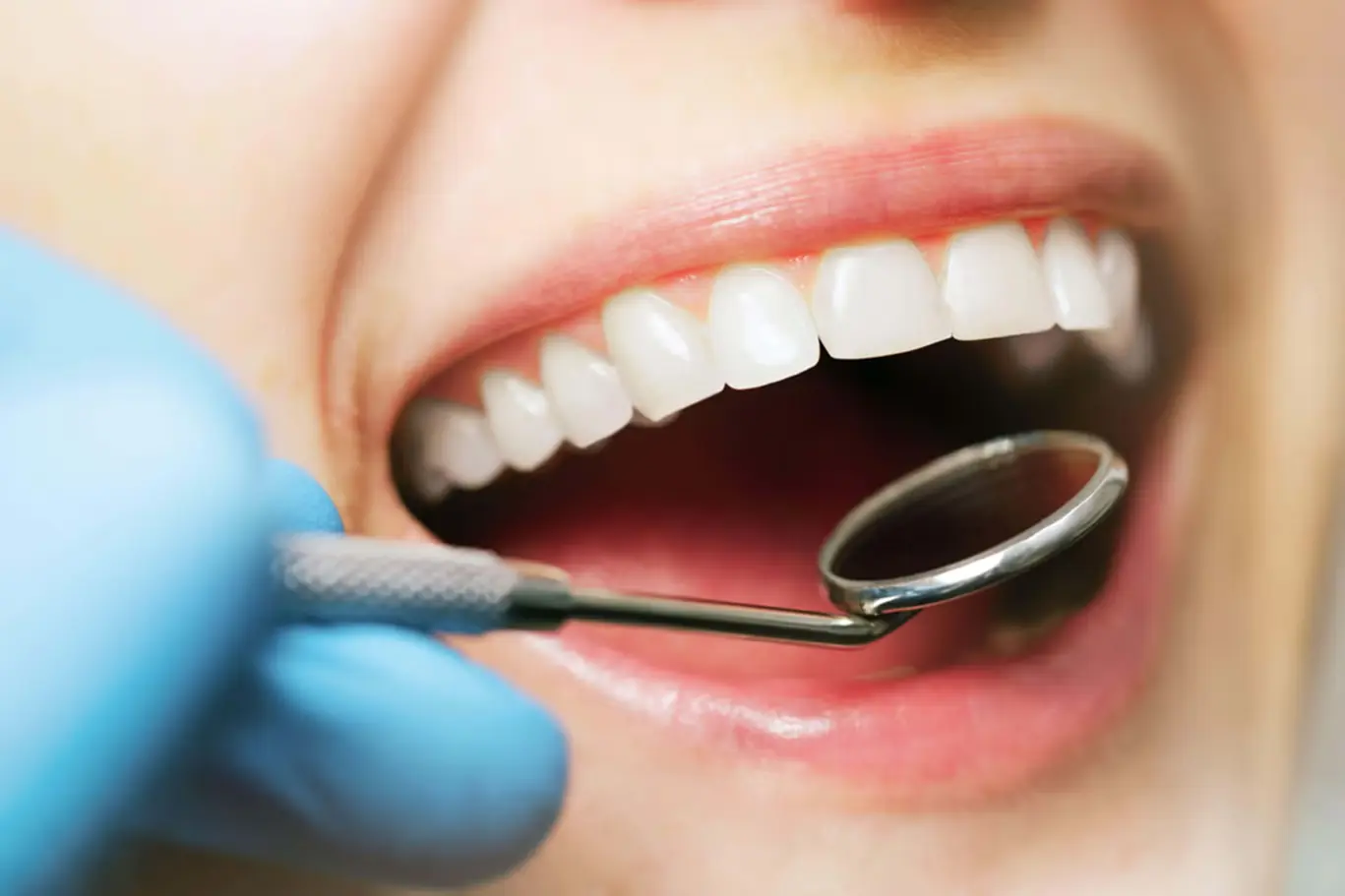
Scientists Successfully Grow Human Teeth in Lab — A Breakthrough in Dental Regeneration

The 4 Dangerous Qualities of “Dark Empaths”

7 SHOCKING Benefits of Cayenne Pepper You Never Knew!

What Is Brain Fog? Scientists Are Finally Starting to Find Out

70-Year-Old Woman Who Used Her Deceased Son's Sperm to Have His Child Through Surrogacy Shares Update After Birth
News Post

URGENT: These Foods Improve Circulation INSTANTLY!

THEY BEGGED ME TO QUIT MY JOB TO WATCH MY GRANDKIDS – NOW THEY'RE DUMPING ME FOR DAYCARE

Grandma Saw the Sweater She Knitted for Her Granddaughter Donated and Decided It Was Time for a Talk About Appreciation

My Late Mom Left Me a Trust Fund, but My Dad Took Money from It for His Stepdaughter — I Finally Retaliated

My Husband Made Me Sell My Apartment to Pay Off His 'Business Debts' After Being 'Dumped' by His Partner — But It All Turned Out to Be a Lie

My Landlord Raised My Rent Because I Got a Promotion — Big Mistake Messing With a Single Working Mom of Three

All the Guests Brought Black Gifts to My Birthday Party — If Only I Knew What Was Coming

Cleaner Stepped Into a Stranger’s Home

My Mom Avoided Me for Years

My Best Friend Asked Me to Watch Her Kids for an Hour – I Didn't See Her Again for 7 Years

My Husband Had Been Secretly Transferring Money from Our Joint Account to My Best Friend for Months

Doctors make disturbing discovery in the brains of heavy alcohol drinkers that 'can cause long-term effects'

World-first sperm race is happening soon and the creators have revealed how it will work

Scientists Grow First Fully Formed Tooth In Lab — A Groundbreaking Breakthrough

New COVID Wave Surges — Health Officials Sound Alarm As Cases Double

10 Things That Men May Find Unattractive About Women Over 50

8 Signs You Might Be Affected by Lactose Intolerance

Understanding Diabetes: Types, Symptoms, Risks, and How to Manage It

Doctors Highlight A Rare Cancer Symptom That Can Appear On Your Toenails
